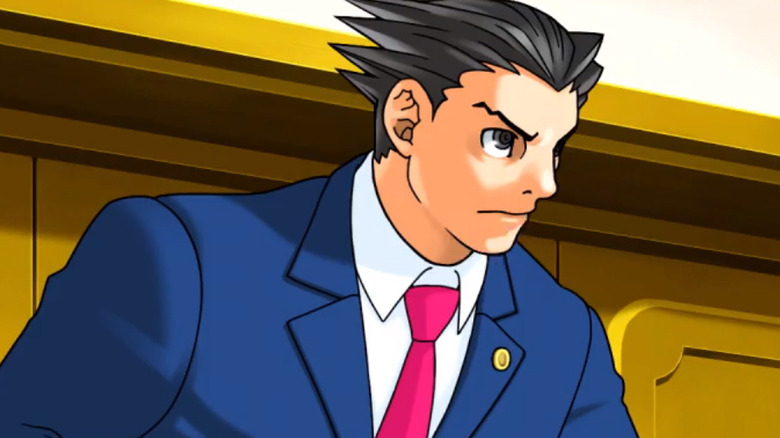Lawsuits Keep Piling Up For Nintendo
While detachable Joy-Con controllers may be one of the signature features of the Nintendo Switch, they have also turned into something of an Achilles' heel for the console. Most recently, the Joy-Con became the basis for a class action lawsuit filed by Lambert Avocat Inc., a law firm based in Québec, which is seeking monetary compensation for every Switch owner in Québec.
The reason the Joy-Con has inspired this and other lawsuits is due to a common issue known as Joy-Con drift. In fact, the term has become ubiquitous enough to be included in the text of Lambert Avocat Inc.'s outline of its lawsuit at multiple points. In short, the control sticks on Joy-Con controllers (most commonly left Joy-Cons but also including the right ones), Pro Controllers, and Switch Lite controllers, will sometimes orient directionally without any user input. This is, of course, a defect, given that a functioning video game controller should only ever respond to its user's intended inputs.
As a result, Lambert Avocat Inc. is arguing that anyone in Québec who has ever purchased a Switch, Switch Lite, stand-alone Joy-Con or Pro Controller is eligible for compensation from Nintendo for the controller's propensity to develop this common defect.
In the firm's rundown of the lawsuit, Lambert Avocat Inc. recounted the story of one client who purchased a Nintendo Switch in 2017. Not only did that particular Switch owner's left Joy-Con begin to drift, but its replacement, its companion right Joy-Con, two new Joy-Cons, and a Pro Controller all developed a drift, too. Lambert Avocat Inc. then cited the Consumer Protection Act, which essentially states that retail goods must serve their intended purpose, as having been violated by Nintendo for selling Joy-Cons in the province.
One of the first Joy-Con-based lawsuits was filed in the U.S. in July 2019. A second class action lawsuit was then filed in November 2020, which drew attention to European consumer advocacy organizations that had alleged Joy-Cons were designed with "planned obsolescence."
Following that initial lawsuit, Nintendo acknowledged and addressed that Joy-Con drift was indeed a frequent issue for many Switch owners. While Nintendo directed Switch owners to a program through which owners of faulty Joy-Cons could have them repaired, the problem was never quite addressed at its root. Joy-Con owners have reported experiencing drift as recently as late 2020. Thus, the basis for these lawsuits persists.

